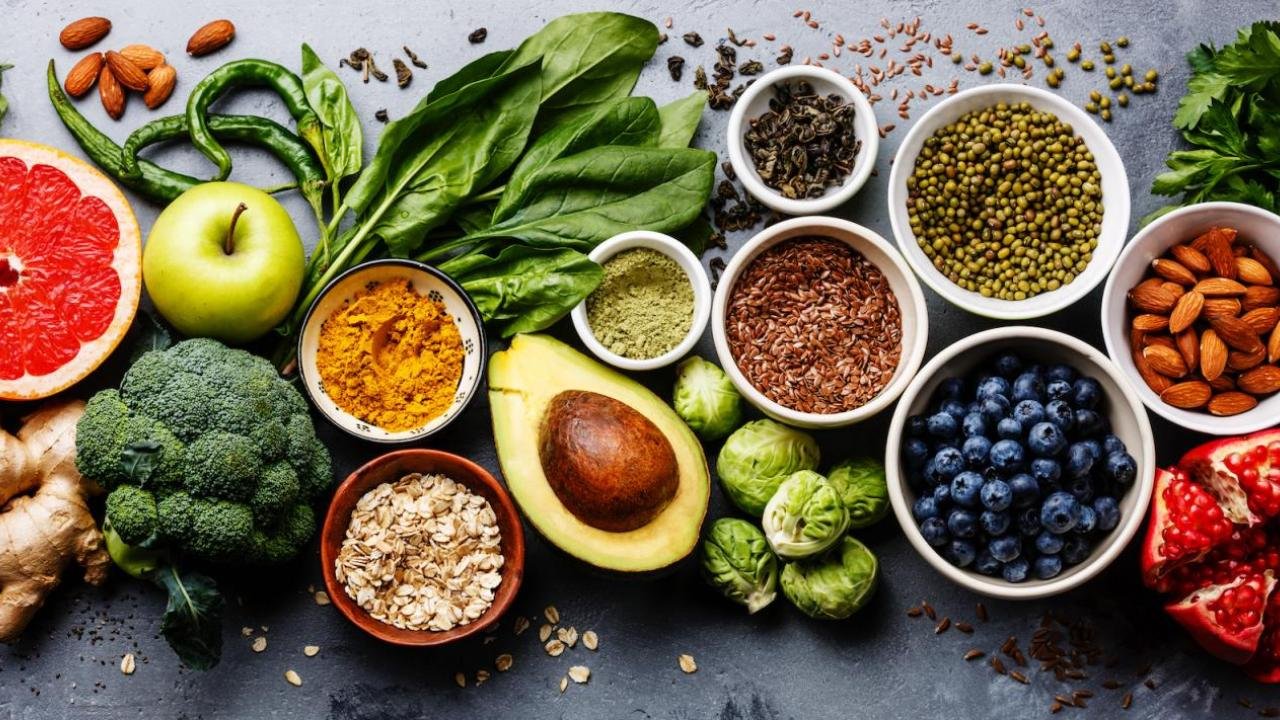Seasonal foods, as the name suggests, are foods that are currently in season. They are naturally ripened and harvested at the right time, which means they have reached their nutritional peak. In contrast to off-season produce which is often harvested early in order to be shipped and distributed to your local retail store, seasonal foods are usually grown locally and therefore, require less handling and a shorter storage period.
Seasonal foods play an important role in maintaining good health due to their high nutritional value. They contain higher levels of antioxidants such as Vitamin C, folate and carotenoids compared to food consumed out of season. Antioxidants help protect our bodies from damage by free radicals, unstable molecules that can damage cellular structures leading to heart disease and cancer.
Consuming a variety of seasonal foods also ensures a diverse diet which is beneficial for gut health. A healthy gut microbiome is associated with a strong immune system. Different fruits and vegetables provide different types and amounts of fibres and phytochemicals that our gut microbes love to eat. This promotes the growth of diverse microbial species leading to a healthy microbiome.
Moreover, eating with the seasons encourages a balanced diet as it requires varying one’s food intake based on what is available during different periods of the year. For instance, summer fruits like berries, melons and peaches offer hydration benefits due to their high water content while winter produce like root vegetables provide more calories providing warmth and energy during colder months.
Seasonal foods are not only fresher but also taste better. When crops are picked at their peak ripeness they taste better than those that have been shipped long distances. For example, tomatoes harvested during summer when they are ripest will be juicier and more flavorful than those bought in winter which have likely been stored for long periods.
Eating seasonally also has environmental benefits. It supports local farming in your area which helps reduce greenhouse gas emissions caused by transporting foods over long distances. Also, seasonal foods require fewer resources to grow and can be grown without the need for genetic modification or chemical fertilizers.
In conclusion, incorporating seasonal foods into your diet can greatly improve your health by providing higher amounts of essential nutrients and antioxidants, promoting a healthy gut microbiome and encouraging a balanced diet. Additionally, it supports the local economy and is beneficial for the environment. So next time you’re at the grocery store or local farmers market, make sure to pick up some seasonal produce!











